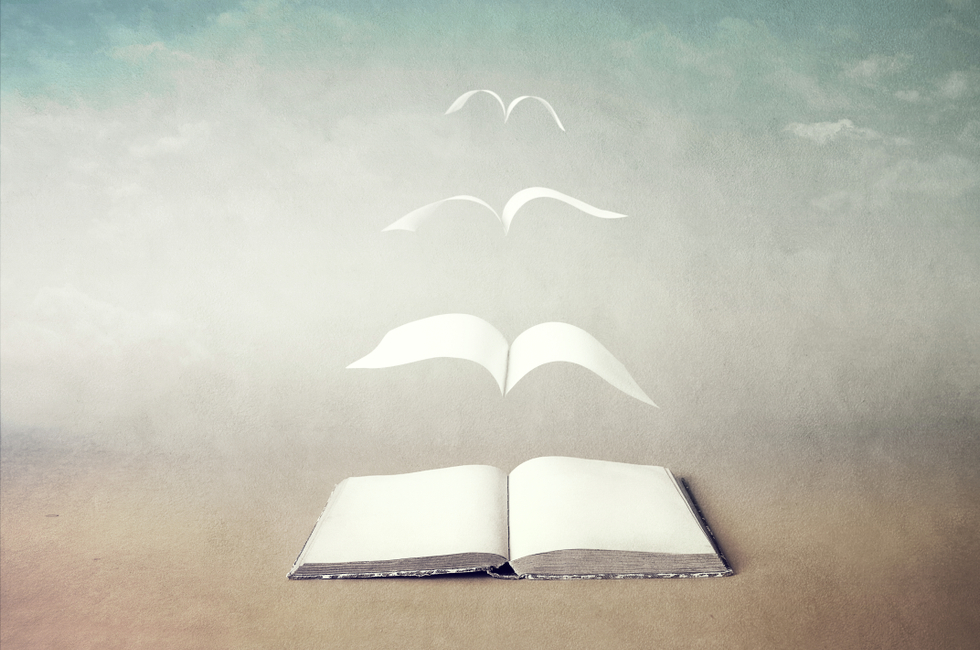I mentioned in the previous post that I’d be dipping into the world of physics now and again. Physics is concerned with the laws of nature, and the physical environment that we experience every day is governed by such laws.
A law of nature can be defined as an event that we confidently predict will happen time and time again under the same conditions. The simplest one that I can think of, and that, I am sure, everyone is familiar with, is what goes up must come down! This happens on Earth because of gravity but it will not happen in outer space because the conditions are not the same; that is, there is no gravity.
Another law of nature would be Boyle’s Law (which I will mention again in the Chapter on Cause and Effect when I discuss reductionist thinking). Simply put, this law states that if we double the pressure on a gas in an enclosed container, its volume decreases by half. (Think bicycle pump here)!
Yet another says that every action has an equal and opposite reaction – which is Newton’s Third Law that applies in the natural world and usually holds true in family and society too! (Isaac Newton was one of the world’s greatest physicists – I will be mentioning him a few times).
A law that is, these days, very important in respect of Planet Earth is the Law Of Conservation Of Energy. This law states that energy cannot be created or destroyed – it can only change from one form to another. An important implication of this law is that we cannot take more energy out of a system than we put into it. Yet this is what we have been doing for thousands of years. But now, with more than seven billion of us on the planet, and using vast amounts of precious irreplaceable energy every day, the chickens, as we say, are coming home to roost.
In the Chapter on Energy I will explore how this law applies to individuals and groups of humans – i.e. how to conserve energy so we work more effectively.
Now, a different kind of law of nature – this time not usually associated with physics, but with economics – would be that the price of something in demand goes up as it gets scarce.
Finally, there is a law of nature that we are all familiar with that points out that we get what we deserve. That is what goes around comes around. or, to use an agricultural metaphor, we reap what we sow. And William Shakespeare warns us – if we do wrong – evil deeds return to plague the inventor.
For our purposes a law of nature arises from human experience, and is explained using a theory.
In my experience, the natural world, (and the laws of nature through which we become aware of our physical environment), are generally ignored when it comes to protection of children. Yet I believe that that they are hugely influential. That is because they are, like physics itself, ubiquitous!
The natural world is ever-present in our lives. That is, as I said in Chapter One of the Prologue, it has high impact-low noticeability.
IMPORTANT NOTE: I will distinguish a law of nature from a natural law which is more to do with the rights of humans in society. Natural laws are, of course, very important in respect of work with vulnerable populations, and I will be referring to them if and when appropriate.
